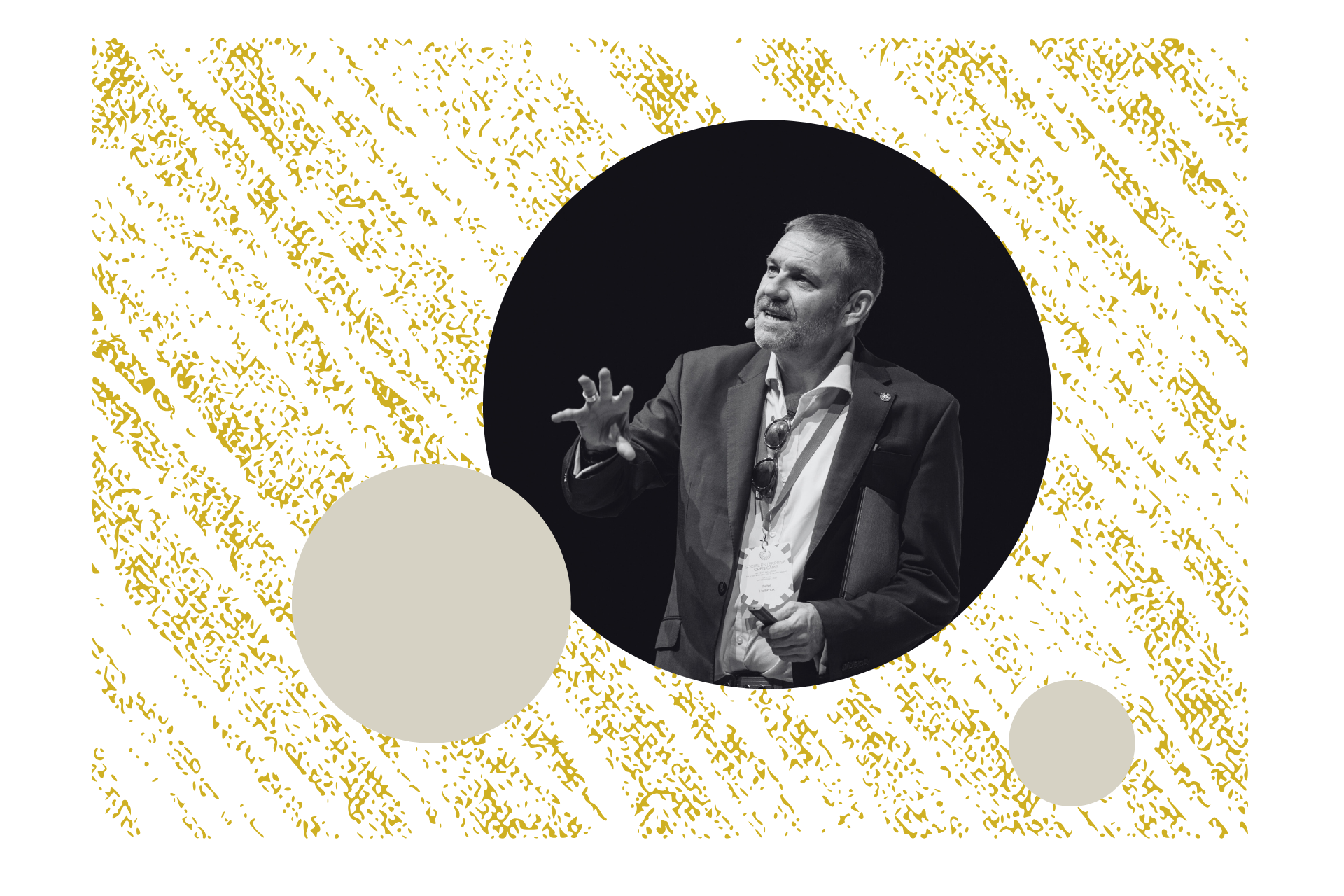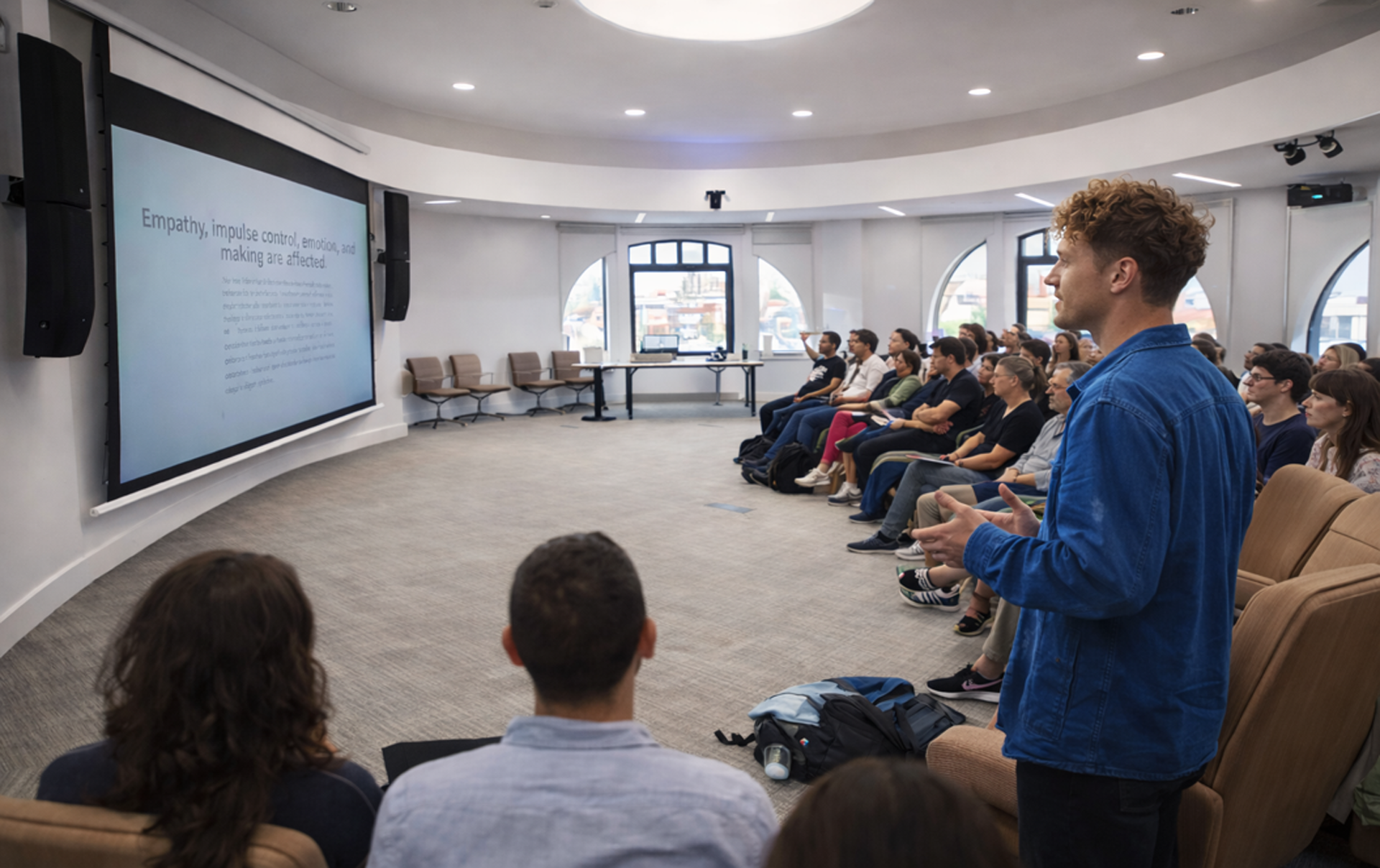News and views
Social enterprises make the case to MPs on the importance of supporting local social enterprise ecosystems

Politics can sometimes seem like a soap opera, but in a week of government reshuffles and resignations, the crucial work of evidencing the impact of social enterprises and building political support for them continued within the corridors of power.
On Monday 9 September, the Social, Cooperative and Community Economy All-Party Parliamentary Group and its Chair Patrick Hurley MP hosted the third of four evidence sessions as part of its inquiry into how government can realise its commitment to grow diverse business models.
The session brought together voices from across the UK, to explore how policy and investment can better enable social enterprises to thrive locally.
Why place-based infrastructure organisations and support are so important
Rebecca Smith, Chief Executive of Social Enterprise Kent (SEK), emphasised the pivotal role of local infrastructure bodies. “We are trusted, we are local, and we are responsive,” she explained. SEK supports over 1,500 social enterprises annually and distributes more than £1.3 million in funding. Rebecca also highlighted the Social Impact Gateway, which takes large-scale social value commitments from businesses and public bodies and translates them into small, accessible funding pots for local social enterprises and charities (VCSEs), bridging the gap between corporates and these organisations.
Kamran Rashid from Impact Hub Yorkshire echoed these sentiments, stressing that place-based organisations build trust within communities. He advocated for the need for ecosystem growth enablers to bring partners together, such as funders, investors, mentoring organisations, start-up and growth programmes. One idea was to roll out a network of infrastructure bodies focused on social enterprise, likening them to existing CVSs (Councils for Voluntary Services).
Annoushka Deighton, representing the We’re Right Here campaign, spoke about saving Stretford Public Hall through community action and how this was done through the help of organisations like Locality and the Architectural Heritage Fund, showcasing the power of support at both grassroots and national levels.
Supporting communities to buy, own and run assets
Stretford Public Hall is a great example of what happens when a community is allowed to take ownership of an asset, and the ‘We’re Right Here’ campaign has been set up to shift legislation to help support and grow the social economy by making it easier for people to have the power to shape the places where they live.
Annoushka detailed efforts to secure a “Community Right to Buy” in the English Devolution Bill. The Bill’s extending of the purchase window for community assets from 6 to 12 months was described as a “game-changer.” She also called for a “community right to control investment,” allowing local stakeholders to help determine how funds are allocated.
Phil Tulba from the Ubele Initiative provided further evidence of community empowerment. Ubele supports racially minoritised communities and manages the Wolves Lane Centre in North London. Through initiatives like the GIDA Housing Coop and the Phoenix Way programme, Ubele applies participatory decision-making and promotes equitable access to housing and infrastructure.
The need for long-term investment
Investment was a dominant theme. Rebecca Smith stressed that social enterprises need patient, long-term finance to grow. Short-term grant cycles and inaccessible social investment options remain barriers. Annoushka added that organisations often become so focused on chasing funding that they lose sight of their long-term mission.
Kamran underlined that impact takes time: “If this sector is to survive and thrive then it needs proper investment in the way other sectors have historically received.” He and Rebecca both pointed to the importance of seed funding for innovation and sustainability.
Ubele’s experience with the Flexible Finance Programme, developed with the Access Foundation and Social Investment Business, demonstrated how tailored, blended finance can make a difference. Within 18 months, the programme had surpassed its target for reaching racially minoritised communities, delivering over a £1 million of social investment and an additional million in grants into communities.
The local authority perspective
Amanda Ratsey from Plymouth City Council offered insight into how local authorities can champion social enterprise. Ten years ago, Plymouth launched a city-wide social enterprise strategy and established a £2 million fund, mixing grants with long-term, low-interest loans. Amanda stressed the need for revolving funds that incorporate wrap-around grant support.
She described efforts to connect local procurement with social enterprise through a planned “Plymouth Menu” and noted that being designated a defence growth area brings new opportunities for social value initiatives. Her key message to other councils: have a strategy, think long-term, and embrace innovation in financing.
Lessons from Scotland and Wales
The devolved administrations of Scotland and Wales have taken proactive steps to build supportive environments for social enterprise.
Wales: Bethan Webber, CEO of Cwmpas, attributed progress in Wales to strong legislation, particularly the Wellbeing of Future Generations Act. This sets seven wellbeing goals for public bodies and “hardwires in a long-term preventative approach and collaboration into decision making.” Wales also mandates local authorities to promote social enterprises, co-ops and user-led services in care through the Social Services and Wellbeing Act.
Commitment from the Welsh Government, alongside work from Cympas, led to a doubling in employee-owned businesses, growing from 37 to nearly 100 in just two years. However, Bethan warned of an “implementation gap” between policy and practice and cited missed opportunities in children’s care reforms, where social enterprises and co-ops were overlooked.
Scotland: Chris Martin, CEO of Social Enterprise Scotland, discussed Scotland’s co-produced ten-year social enterprise strategy launched in 2016. The government-funded Just Enterprise programme provides free business support, while other initiatives offer start-up and scale-up finance.
Education plays a key role, with schools running social enterprise projects that have inspired the next generation of entrepreneurs. Strong networks and support for inclusion underpin the Scottish model.
The inquiry will conclude with a fourth evidence session on 21st October and findings will be launched in Parliament on 19th November.
Photo taken from a Social Enterprise UK team visit to Social Enterprise Kent



